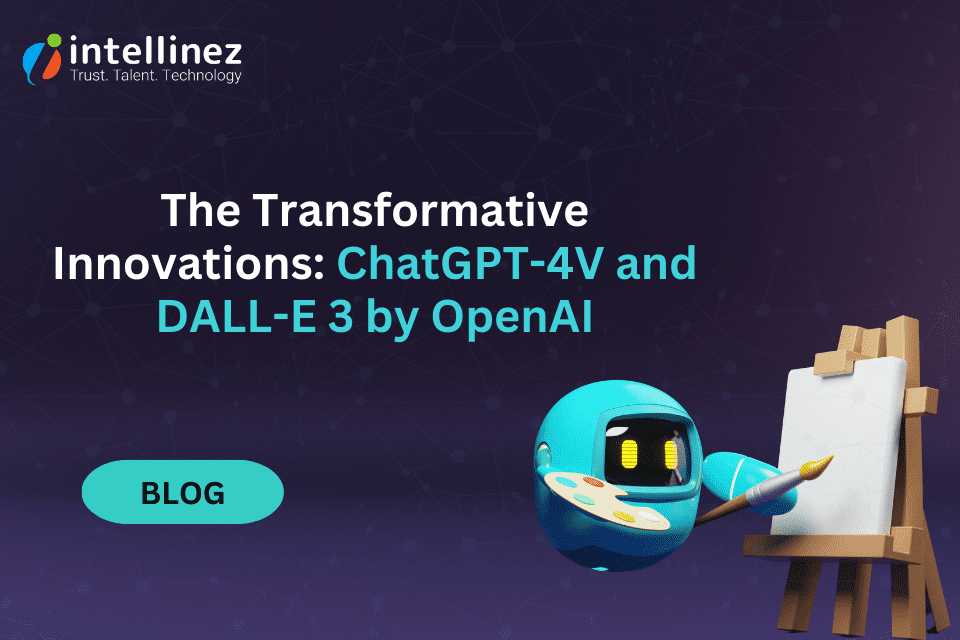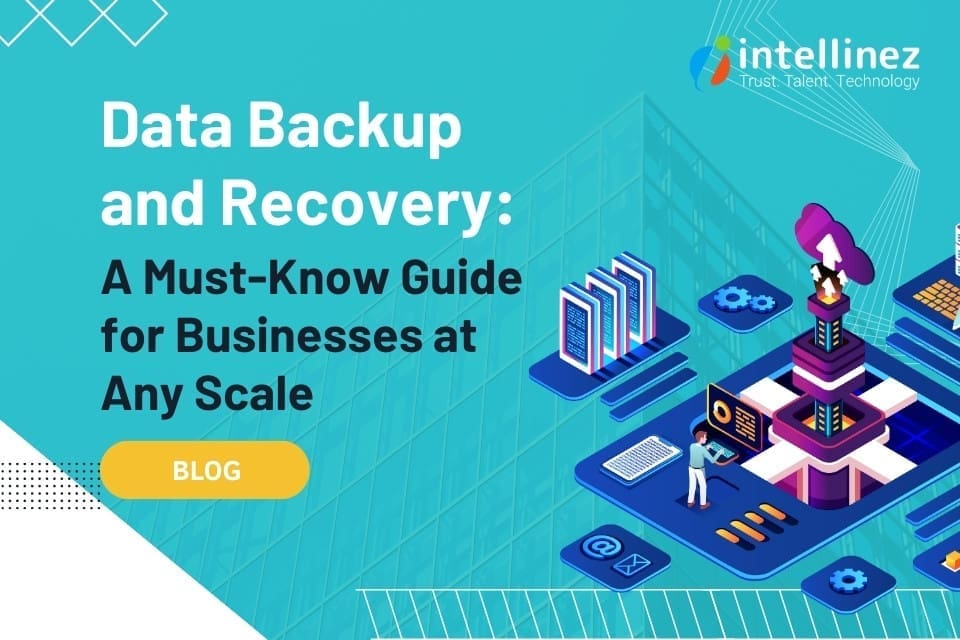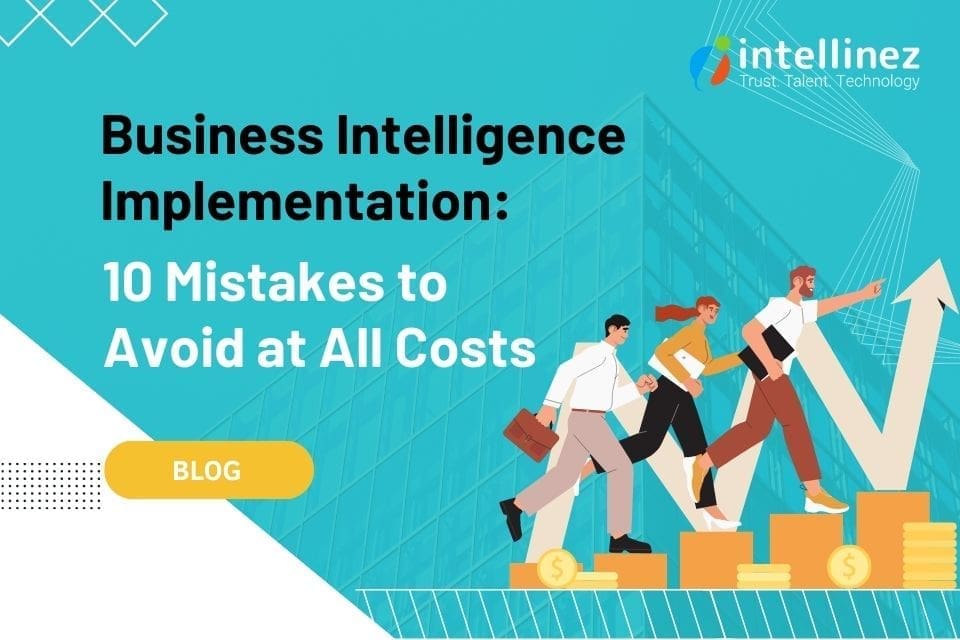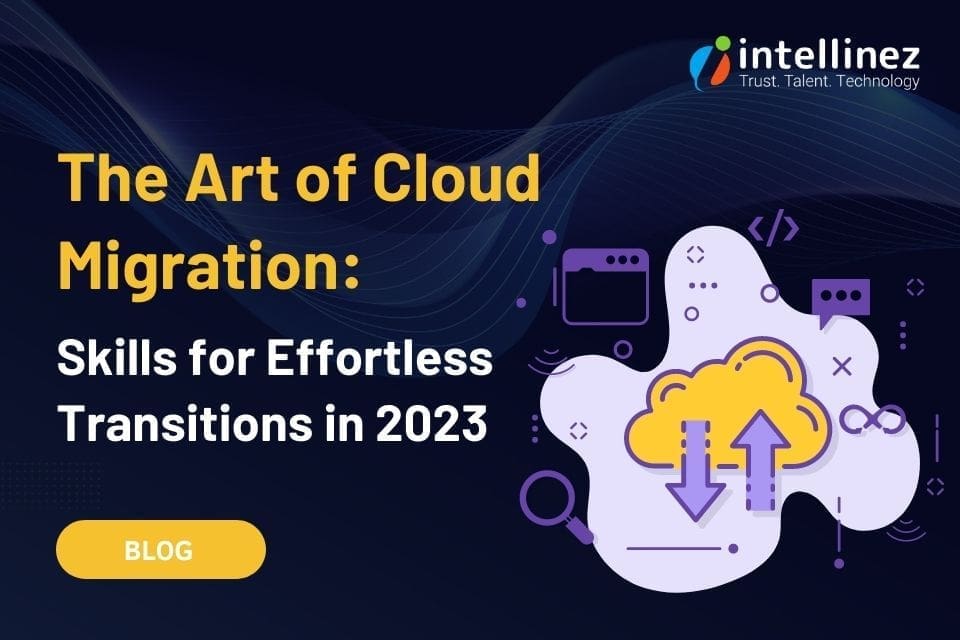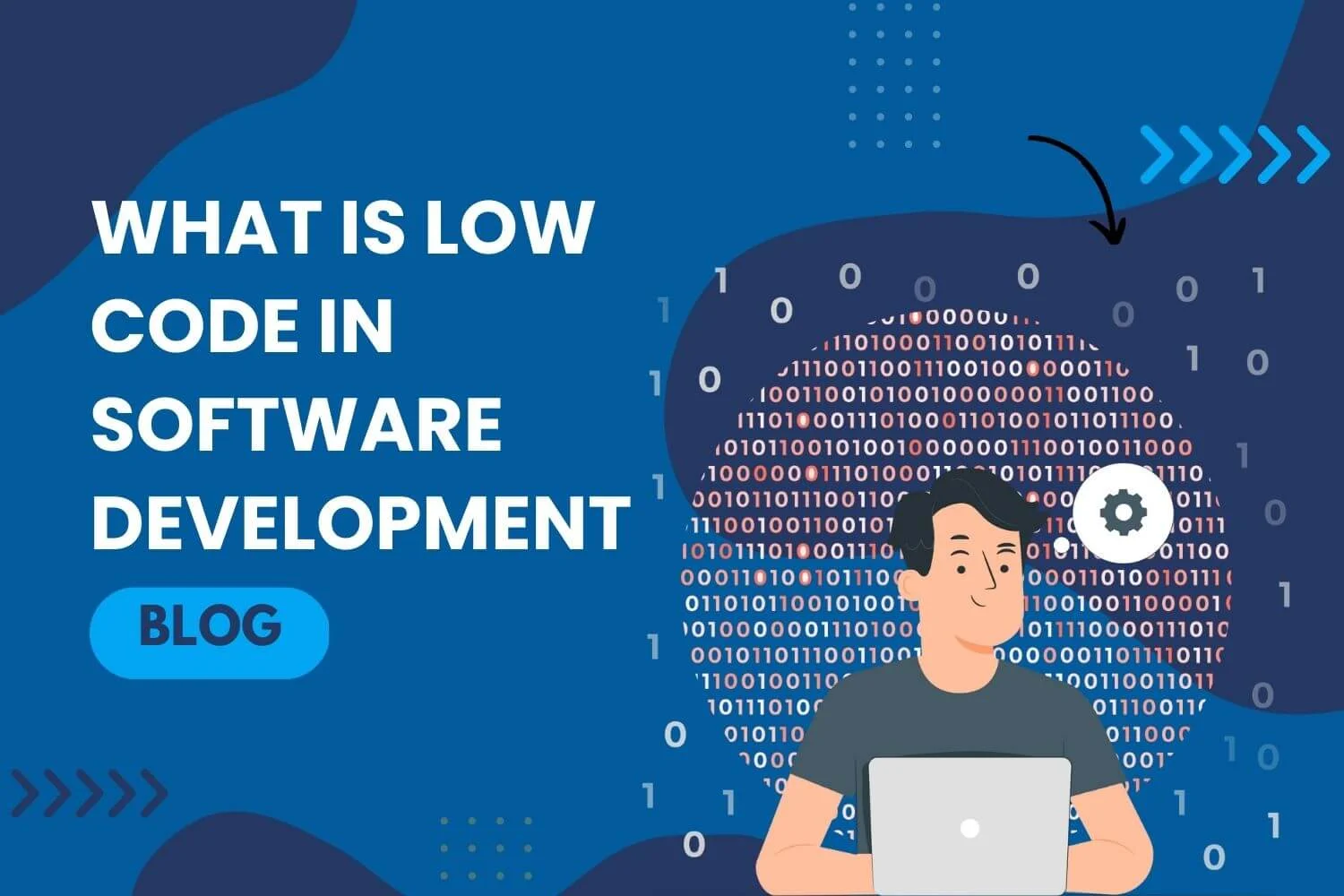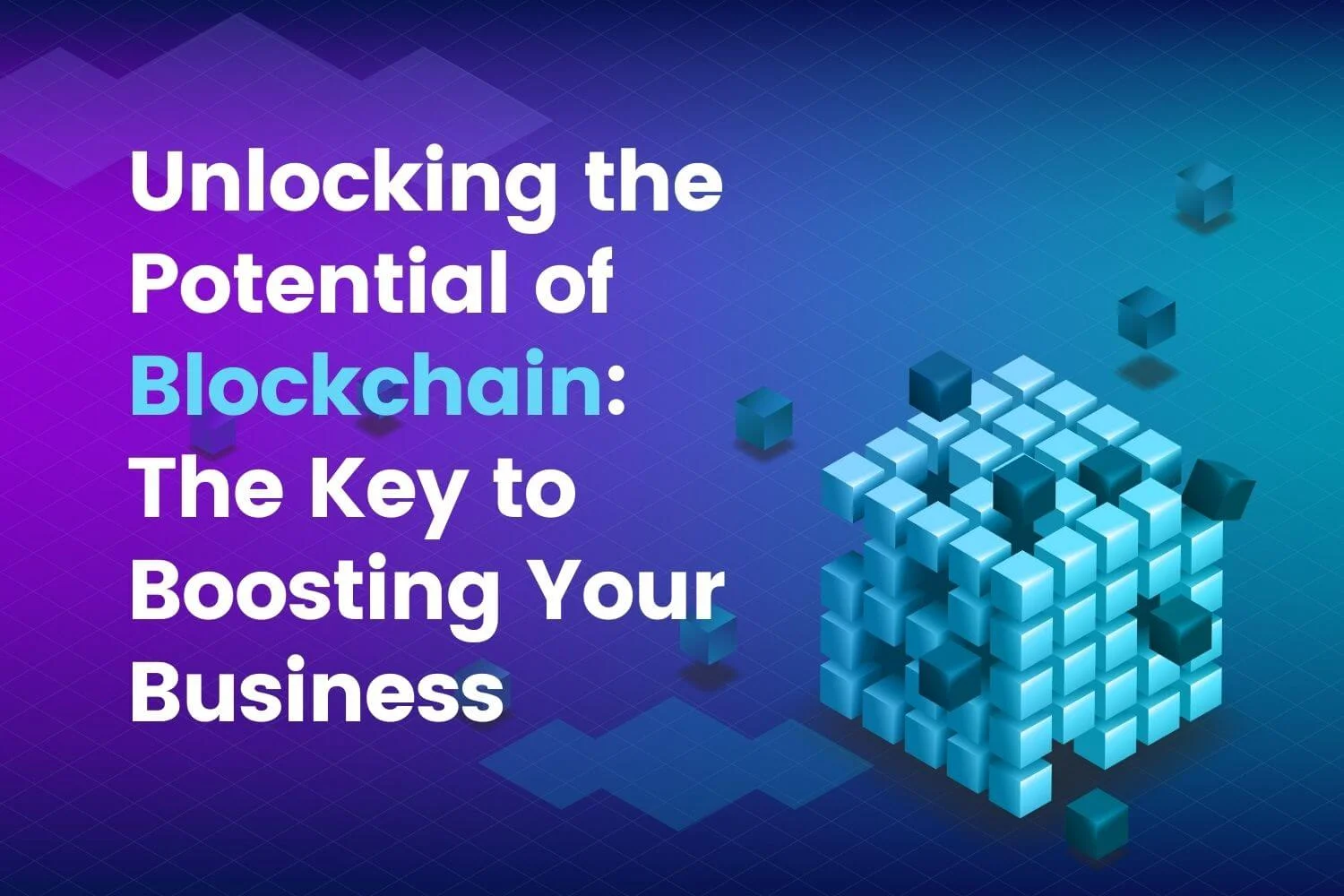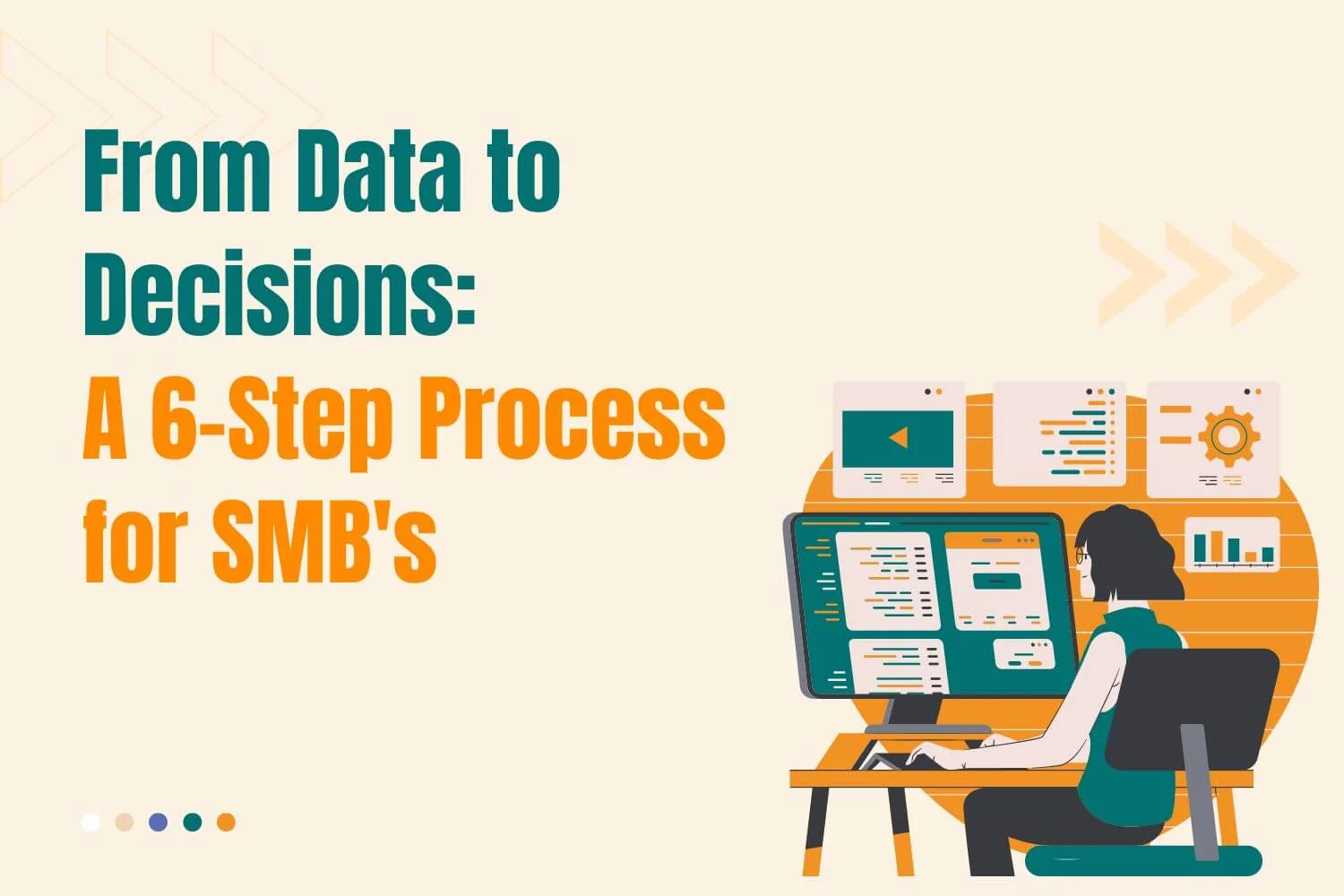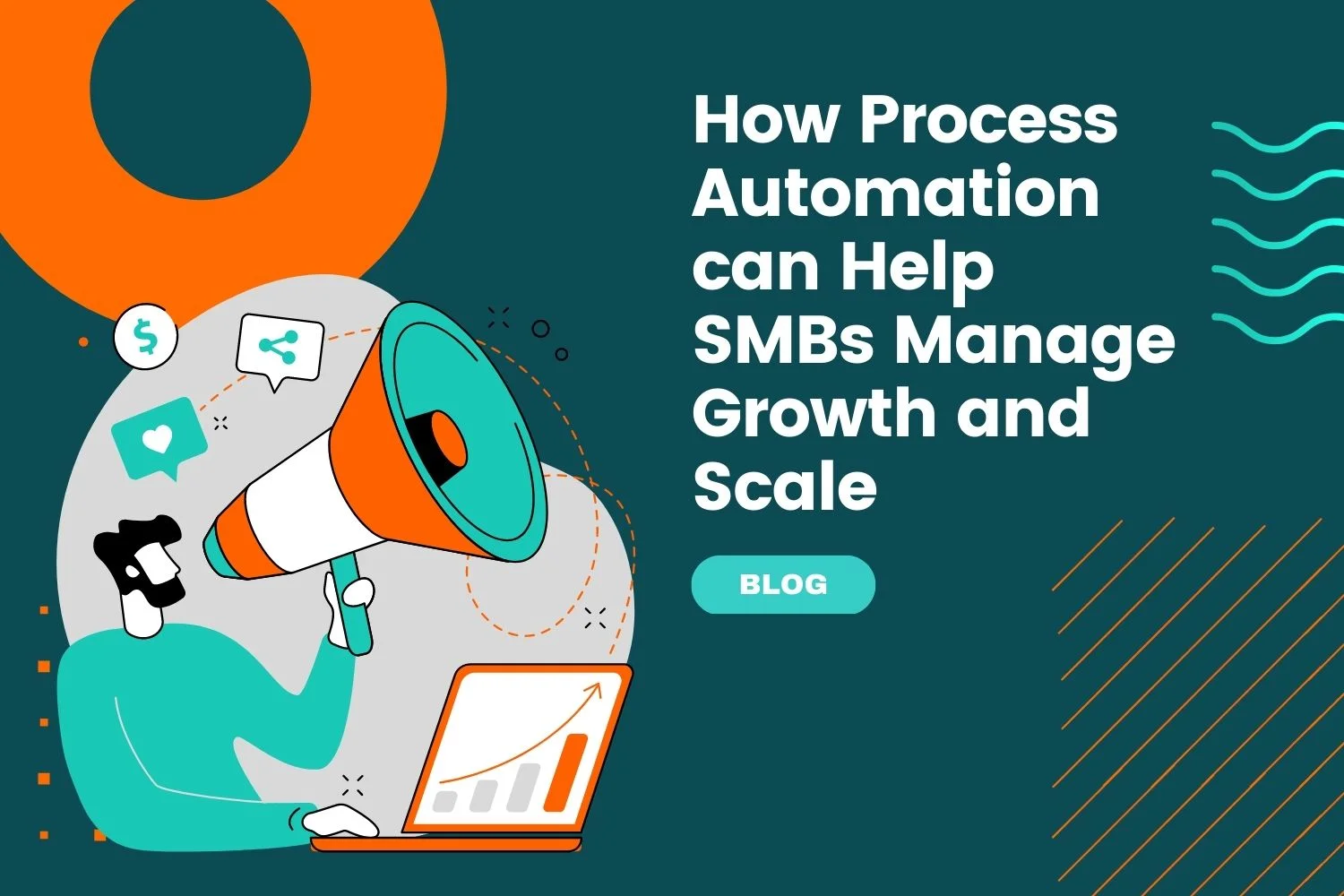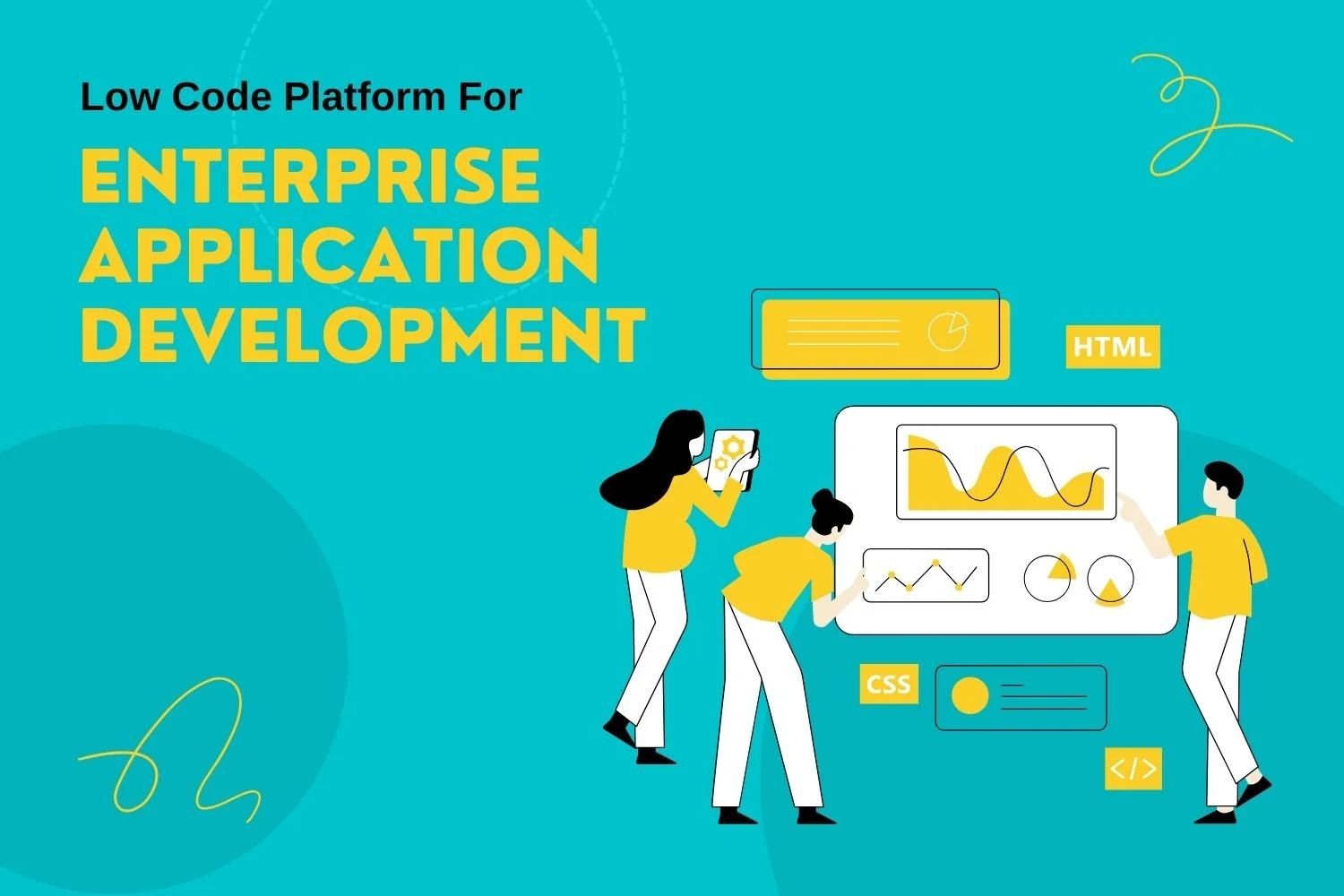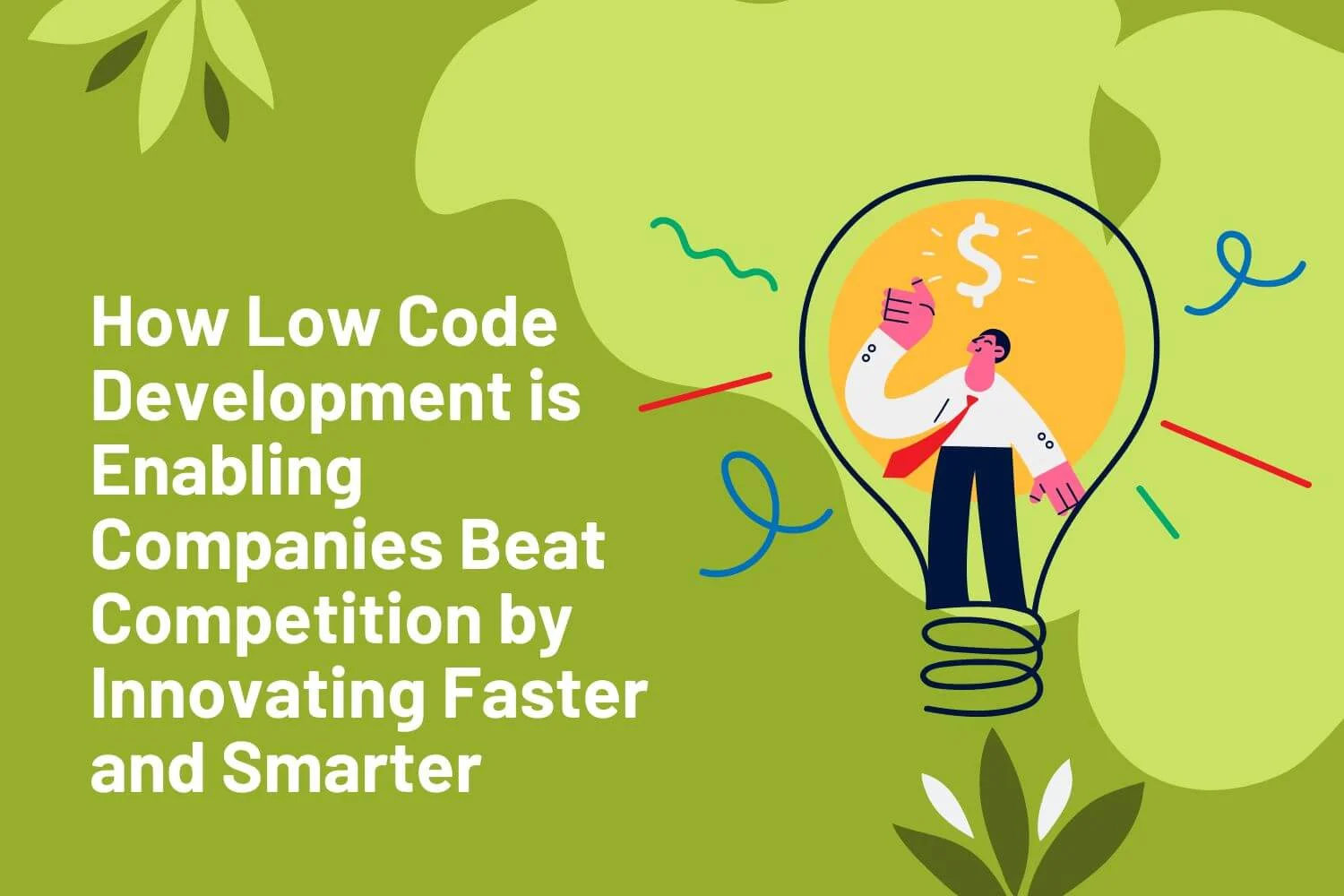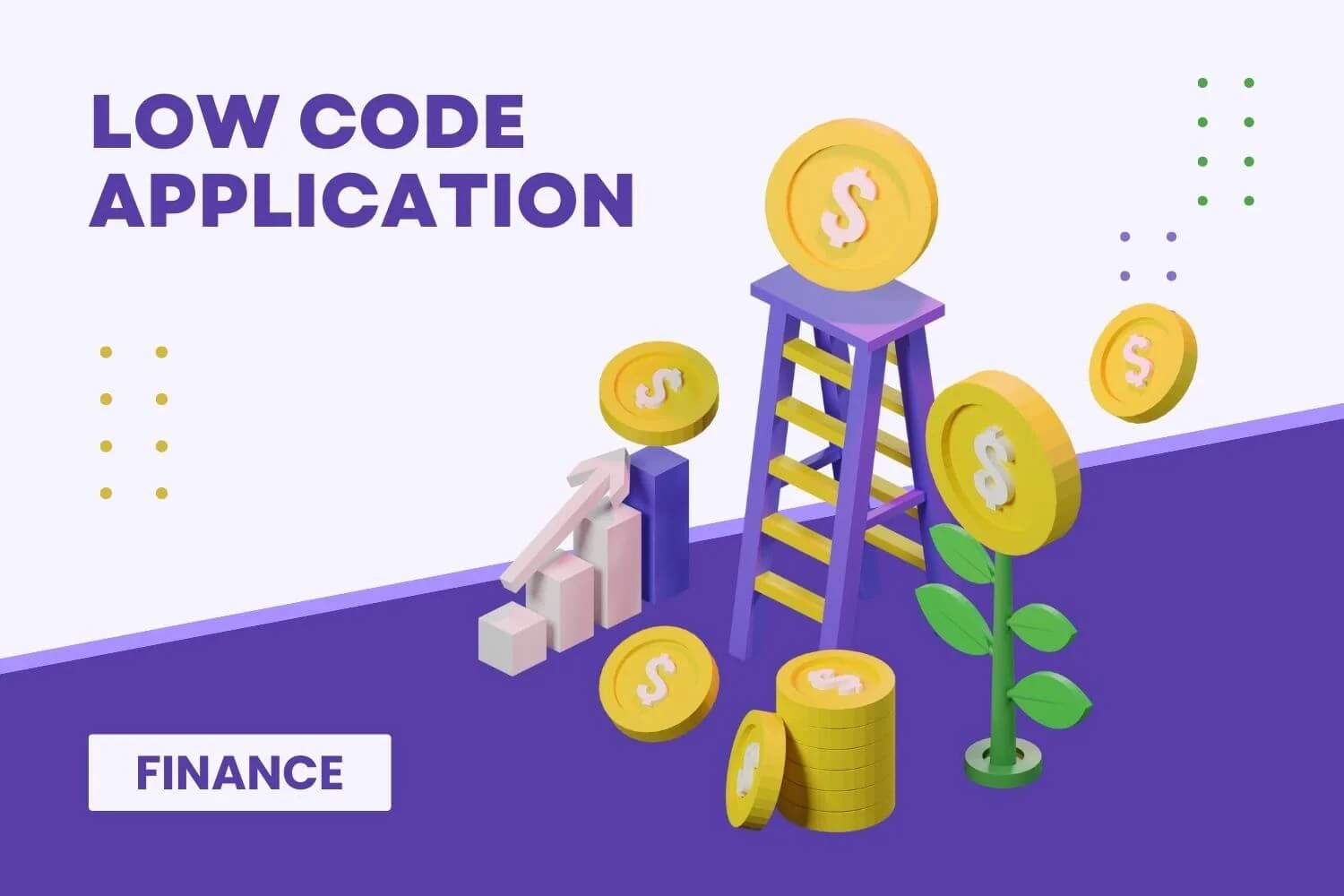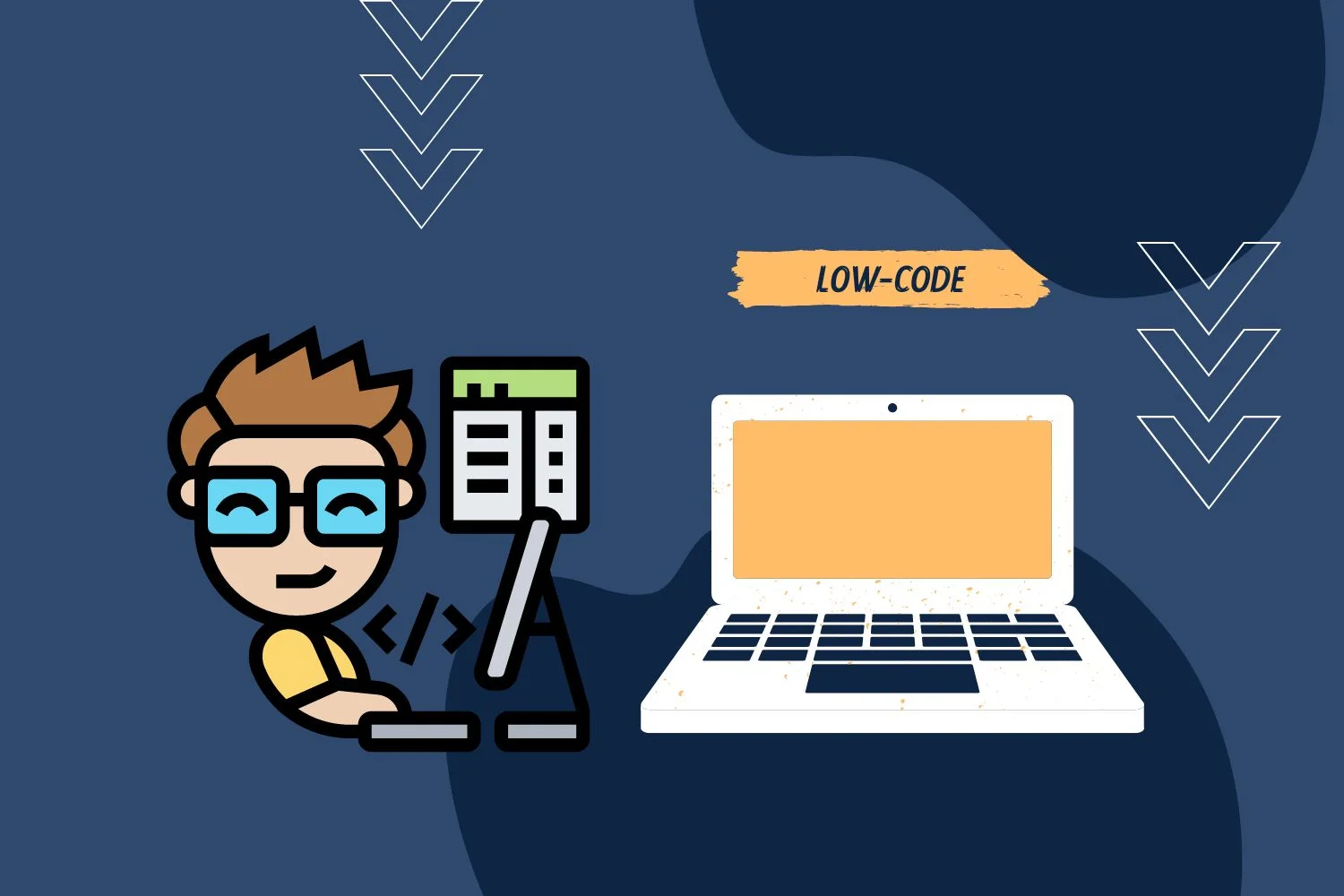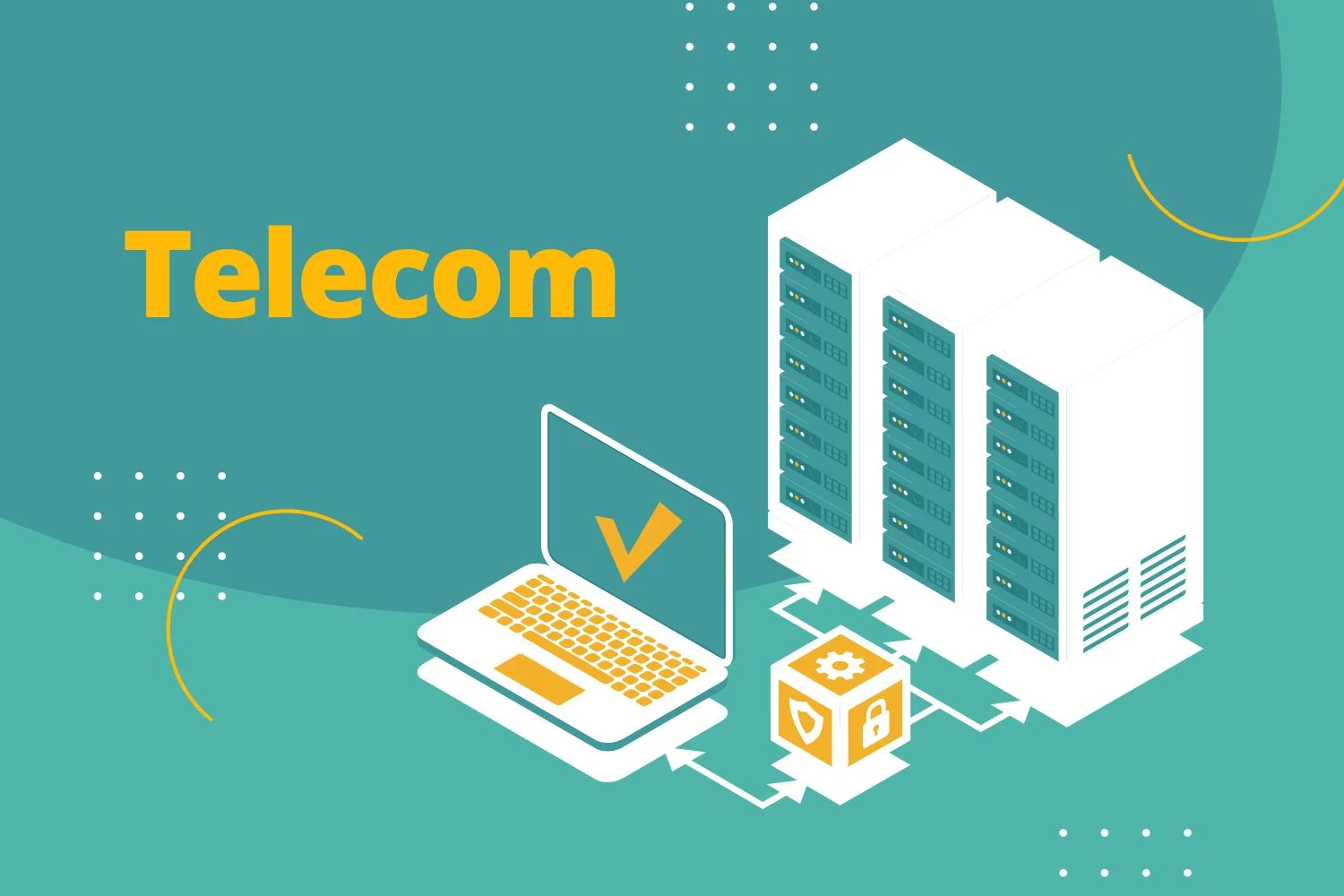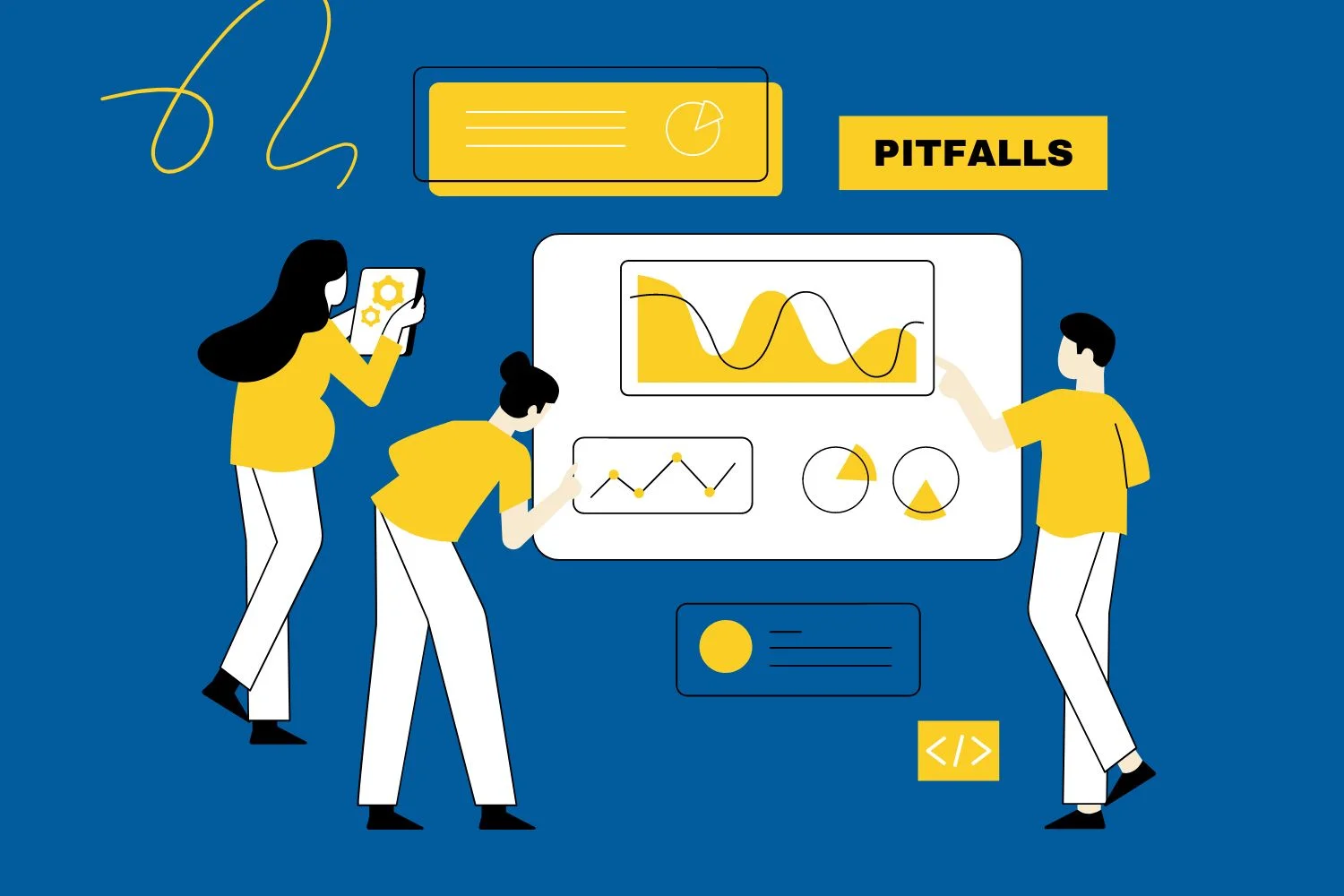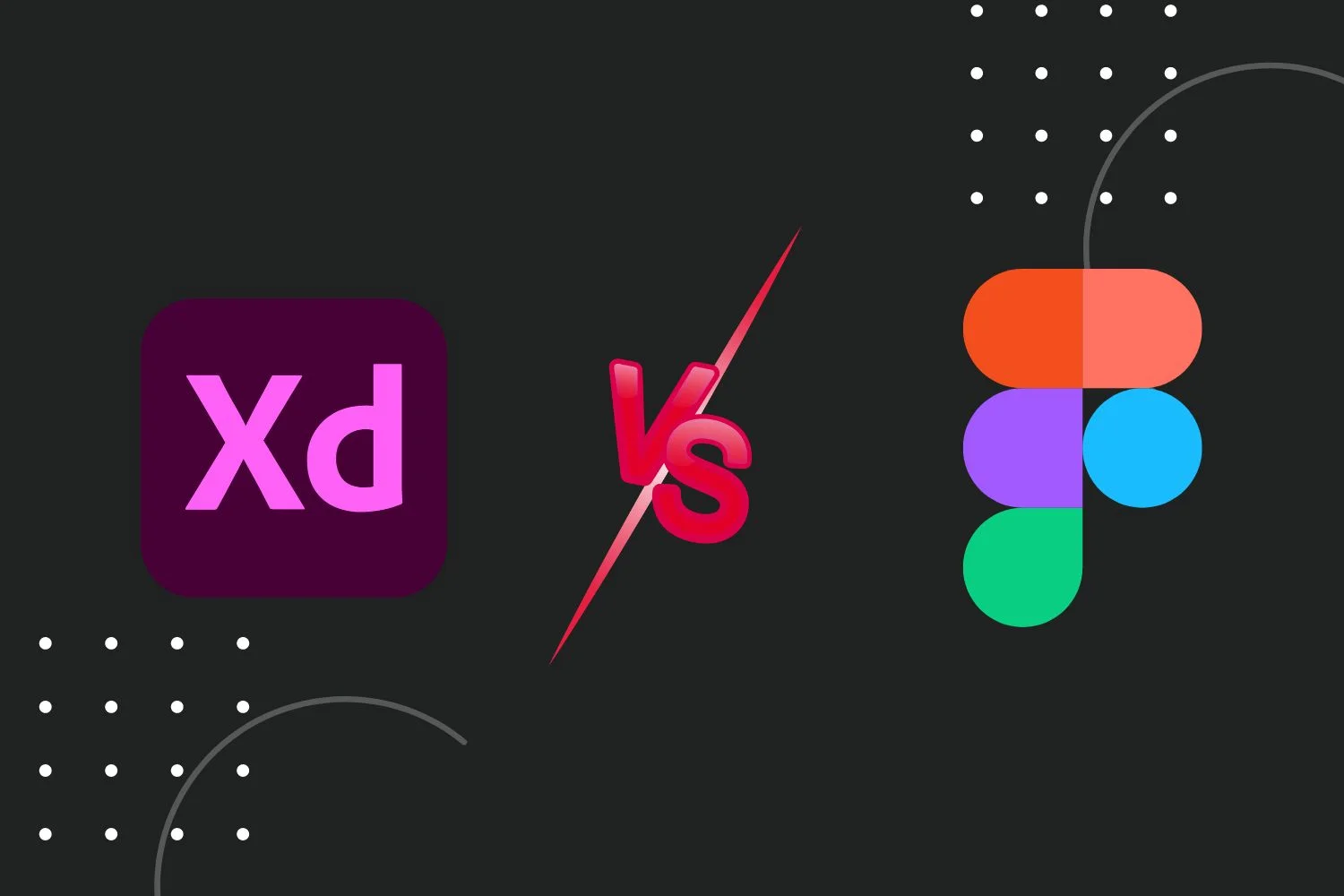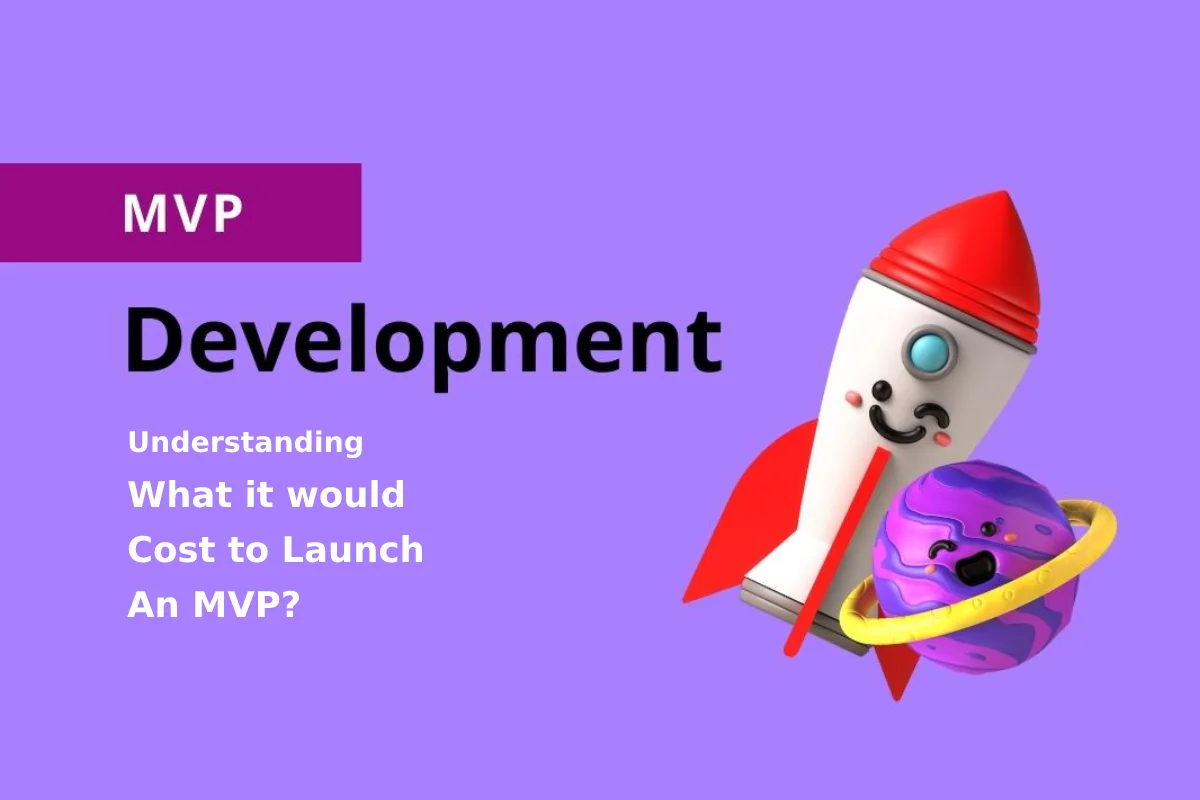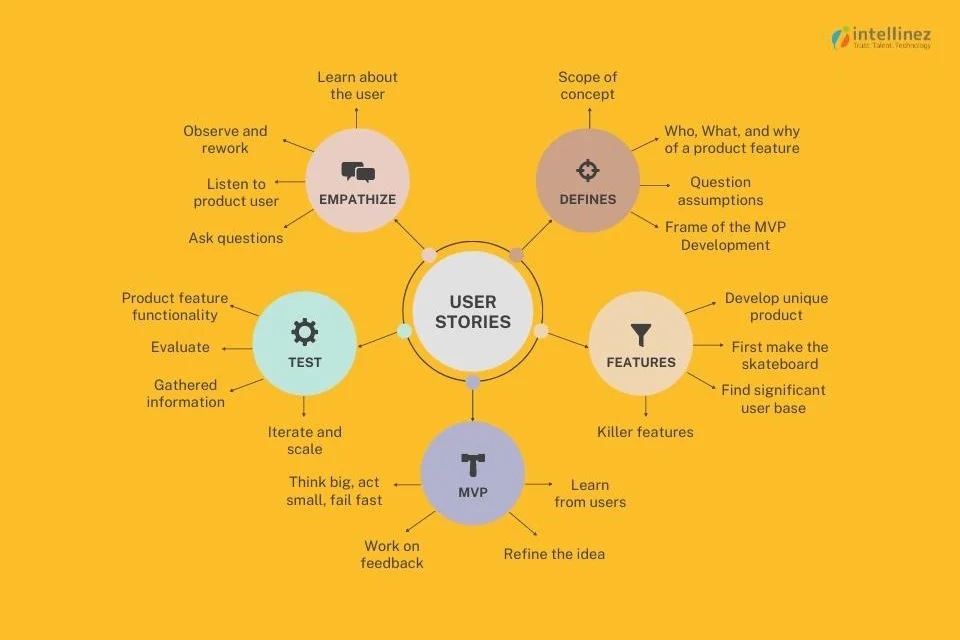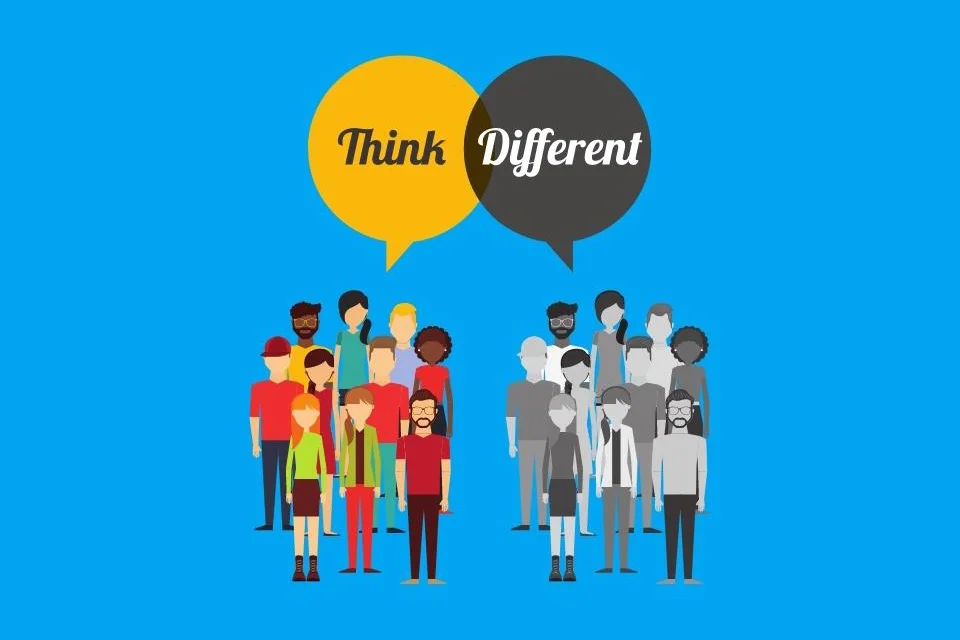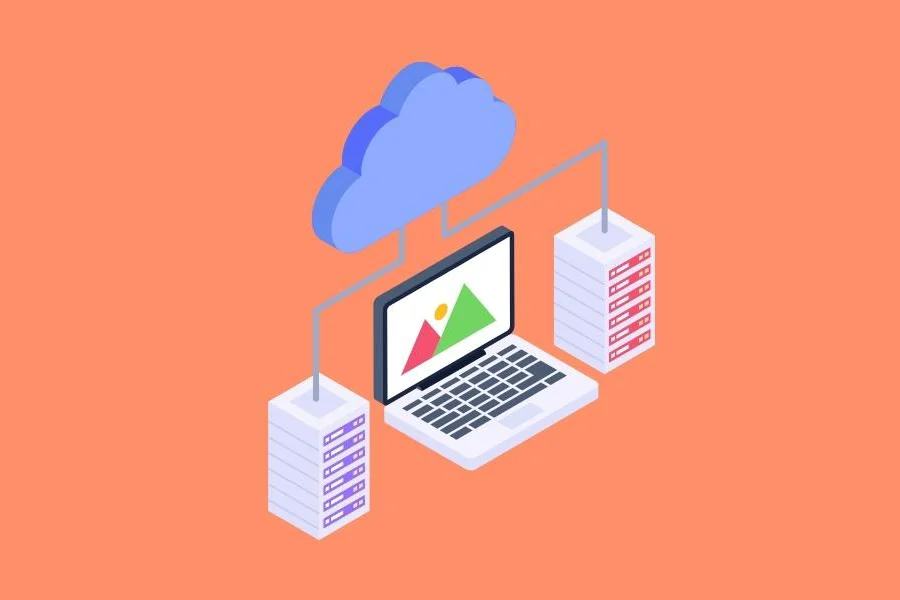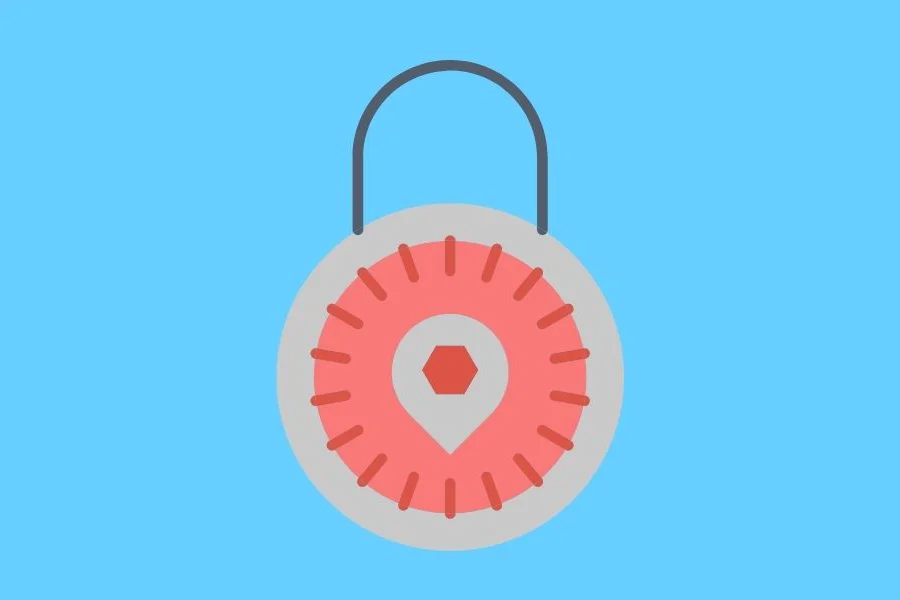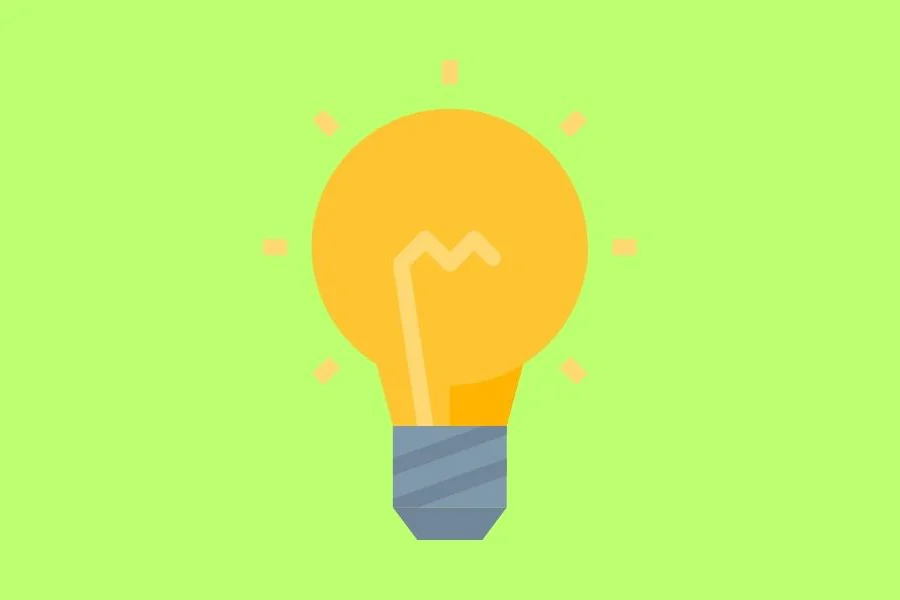- The Government’s Positive Outlook on Blockchain Technology in India
- Concrete Government Initiatives
- Challenges to Overcome While Adopting Blockchain Technology in India
- India’s Global Standing
- Government Institutions Leading the Way
- Noteworthy Examples of Adoption of Blockchain Technology in India
- The Future of Blockchain in India
Blockchain technology has emerged as a game-changer in various industries worldwide. In India, the government has taken a proactive stance on blockchain technology, recognizing its potential to improve public services, enhance transparency, and promote economic growth. This blog explores the Government’s approach to blockchain technology in India, examining its strategic initiatives, achievements, challenges, and the country’s potential to become a global leader in digital innovation.
The Government’s Positive Outlook on Blockchain Technology in India
The Government of India has exhibited a positive and forward-looking approach toward blockchain technology. In 2020, NITI Aayog, the apex public policy think tank, unveiled a national strategy on blockchain, underscoring the technology’s promising applications. These applications include:
- Improving Supply Chain Management: Blockchain’s transparent and accountable ledger system can track the movement of goods and services throughout a supply chain, reducing inefficiencies and fraud.
- Reducing Fraud and Corruption: Blockchain’s tamper-proof records can play a crucial role in preventing fraud and corruption by creating immutable transaction records.
- Promoting Financial Inclusion: Blockchain can provide accessible financial products and services to individuals excluded from the formal financial system, fostering financial inclusion.
- Enhancing Government Efficiency: Blockchain technology can streamline government processes, making them more efficient and responsive to the needs of the citizens.
Concrete Government Initiatives
The Government of India has taken notable steps to promote the adoption of blockchain technology:
- Center of Excellence in Blockchain Technology: In 2022, the Ministry of Electronics and Information Technology (MeitY) launched a center of excellence in blockchain technology. This center focuses on research and development, training, and incubation to harness blockchain’s potential fully.
- Guidelines and Pilot Projects: MeitY has issued guidelines for the use of blockchain technology in government operations, and they are actively working with state governments to develop pilot projects. These projects aim to demonstrate the practical applications of blockchain in various sectors.
- Regulation Development: The government is in the process of developing comprehensive regulations for the use of blockchain technology. Clear and well-defined regulations will provide a stable environment for businesses and investors.
Challenges to Overcome While Adopting Blockchain Technology in India
While the government’s enthusiasm for blockchain technology is evident, some challenges must be addressed for wider adoption:
- Lack of Standards: The absence of a universal standard for blockchain technology makes it challenging to create interoperable solutions. A standardized framework would facilitate the integration of different blockchain systems.
- Scalability: Some blockchain networks face limitations in handling a large number of transactions per second. Scaling up blockchain technology is essential for its widespread adoption.
- Regulatory Framework: The absence of a fully developed regulatory framework creates uncertainty for businesses and investors. Clear and comprehensive regulations will be critical in ensuring blockchain technology’s stable growth.
India’s Global Standing
India’s proactive approach to blockchain technology has not gone unnoticed on the global stage:
- According to a 2022 report by the World Economic Forum, India is ranked 11th out of 114 countries in terms of blockchain readiness.
- India boasts the highest number of blockchain startups globally, indicating a thriving ecosystem of innovation.
- In 2021, the Indian government invested $10 million in the Blockchain Technology Research Lab at the Indian Institute of Technology, Madras, further supporting blockchain research and development.
- The Indian government is actively working on several blockchain-based projects, such as a national digital identity system and a blockchain-based land registry system.
Government Institutions Leading the Way
Numerous government institutions in India have embraced blockchain technology in their operations:
- Ministry of Electronics and Information Technology (MeitY): MeitY has launched a center of excellence in blockchain technology and is actively involved in various projects, including the development of a national digital identity system and a blockchain-based land registry system.
- NITI Aayog: NITI Aayog, the nation’s premier public policy think tank, has spearheaded the exploration of blockchain technology’s potential. They are actively engaged in pilot projects to demonstrate blockchain’s real-world applications.
- Securities and Exchange Board of India (SEBI): SEBI has mandated the use of blockchain technology for maintaining records among depositories, increasing transparency and security in financial markets.
- Reserve Bank of India (RBI): The RBI is actively researching blockchain’s potential applications, including central bank digital currencies (CBDCs) and improving payments processing.
- State Governments: Several state governments have adopted blockchain technology for various purposes, such as land registration, supply chain management, and voting, highlighting the technology’s diverse applications.
Noteworthy Examples of Adoption of Blockchain Technology in India

- New Town Kolkata Development Authority (NKDA): NKDA has introduced Non-Fungible Tokens (NFTs) for land mutation, marking a pioneering use of blockchain technology in land management.
- Raigarh District Authority: This authority has collaborated with Airchains to create a blockchain-based tree plantation monitoring system, enhancing environmental sustainability.
- Firozabad Police Department: The Firozabad Police Department has worked with Airchains to establish a blockchain-based complaint management system, ensuring the integrity of incident reports.
- Ministry of Health and Family Welfare: The ministry is developing a blockchain-based platform to track the distribution of vaccines and essential medical supplies, ensuring their efficient and transparent delivery.
- Department of Telecommunications (DoT): The DoT is working on a blockchain-based platform to manage spectrum allocation and other telecom services, streamlining operations in the telecommunications sector.
- Indian Railways: Indian Railways is exploring a blockchain-based platform to monitor the movement of goods and services within its vast network, ensuring efficiency and transparency.
- Food Safety and Standards Authority of India (FSSAI): FSSAI is implementing a blockchain-based platform to track the movement of food products throughout the supply chain, enhancing food safety and quality.
- Income Tax Department: The Income Tax Department is researching the use of blockchain technology to improve tax compliance and enforcement, combating tax evasion more effectively.
The Future of Blockchain in India
As India continues to develop and embrace blockchain technology, the future holds immense promise. The government’s commitment to fostering a thriving blockchain ecosystem, coupled with its favorable approach, positions India to become a global leader in digital innovation. Blockchain’s potential to enhance public services, promote economic growth, and increase transparency makes it a vital tool for India’s ongoing development.
Conclusion
The Government of India’s approach to blockchain technology is marked by a clear vision of its potential benefits for the country. With strategic initiatives, regulatory development, and a growing number of use cases across various government institutions, India is moving towards taming the revolutionary potential of blockchain technology. Despite the challenges, India’s commitment to a blockchain-driven future underscores its determination to achieve digital innovation on a global scale.
LegiCred: Bridging Education and Blockchain in India
Aligned with India’s blockchain-driven future, we empower students to seamlessly issue, verify, and safeguard their academic records. Embrace innovation and elevate your educational journey with LegiCred, making academic documentation hassle-free. Join the blockchain revolution today!
Soumya Mishra
Technology Leader proficient in engineering and execution of enterprise-level IT projects and providing support services on the same. Possesses the ability to set functional and technical strategies, converting them to an achievable plan of action, and driving them to realize and achieve customer success. Passionate leader believing in leading by example, possessing strong problem-solving skills and a can-do attitude. Adept at handling cross-functional teams across the globe and motivating them to achieve outstanding and sustainable results to meet organizational goals and objectives! Guiding Quote – “Every job is a self-portrait of the person who did it, Autograph your work with excellence”









































![A Comprehensive Guide to AWS SaaS Architecture [Diagram Included] 87 Aws SaaS Architecture](http://www.intellinez.com/wp-content/uploads/2024/08/Title-image.jpg)



